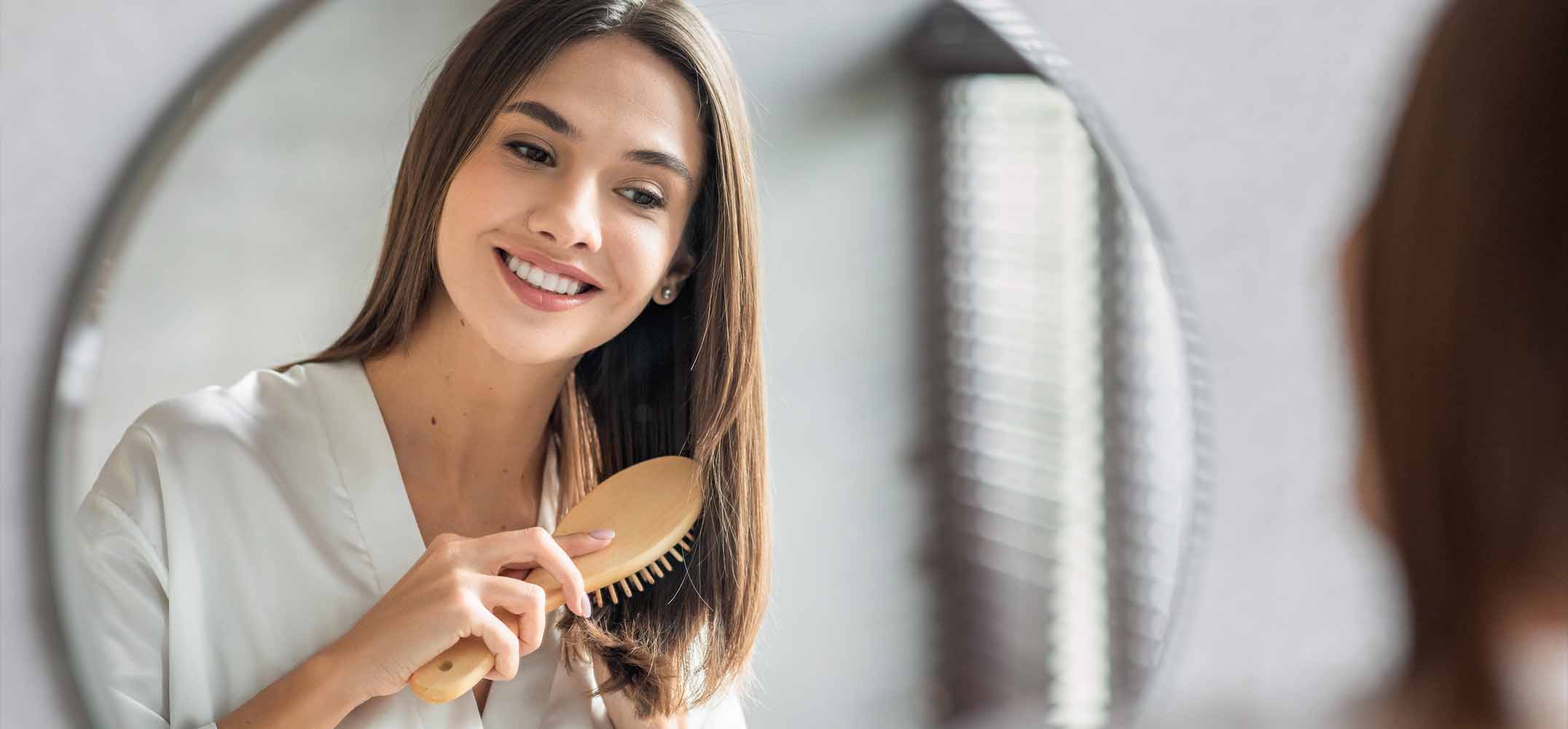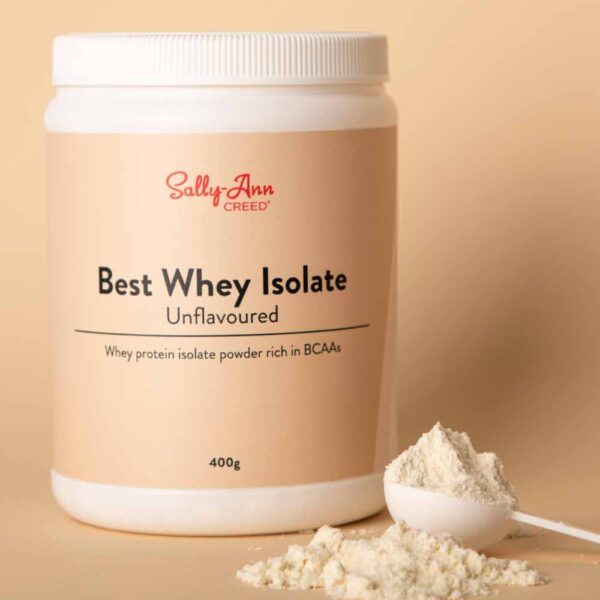Mmm, not funny when you have hair loss or thinning hair. There are a lot of complex mechanisms at work here, but some of you can deal with it to stop the process worsening and in fact give you back that lovely full head of hair. Hair loss can be a simple thing – like a protein deficiency or iron deficiency – but there could also be genetic and hormonal components too. Start by addressing the things you can – here are some ideas if you are experiencing hair loss – remember though, it will take several months to see any difference as hair takes a months to grow.
It should at least halt the loss in the first few weeks, while new hair begins to grow.
1. Eat enough animal protein as in meat, eggs, fish etc. Protein deficiency is one of the most obvious reasons for hair loss. We recommend supplementing with collagen. Our Pure Hydrolysed Collagen is the best you can get and works wonders for your hair.
2. If you are on blood thinners, you will find your hair will thin – speak to a health professional about an alternative safe blood thinner
3. Stop smoking if you smoke, as this affects arteries taking blood to the hair follicles (and damages the heart, lungs and brain too)
4. Have a ferritin blood test – you could be iron-deficient. Don’t ever take iron unless you are deficient – it is not a safe mineral to gaily take too much of
5. Use fish oil daily – 3 x softgels. Omega-3 DHA & EPA from fish oil is a powerful way to stop the damage and is one of the top nutrients for helping to keep a full head of hair. Studies show an increase in active hair follicle percentage and diameter distribution of hair over a 6 month period. Also eat more wild-caught salmon.
6. Zinc effectively treats telogen effluvium and alopecia areata – both forms of hair loss because zinc benefits the health of the hair follicle. It also prevents follicle regression and accelerates hair follicle recovery. Another reason beef is so good for you – it is a rich source of zinc.
7. B Complex (a GOOD one) is very important – especially if you are stressed.
8. Biotin is well known as a powerful help for hair growth and is used a lot to prevent further loss. A major sign of biotin deficiency is hair loss, especially during pregnancy.
9. Pantothenic Acid also known as vitamin B5 – has been used as alternative hair loss treatments for ages. In fact pantothenic acid is a natural alternative to cortisone, so it’s an anti-inflammatory agent and at one a day is very affordable. It prevents hairs splitting and breaking, it also increases the diameter of the hair, thickening it and increasing pliability to withstand force, so it doesn’t break. Foods which will provide biotin and pantothenic acid include eggs, beef, chicken, avocado and some nuts.
10. Vitamin C prevents cellular damage to DNA, lipids, proteins and prevents oxidative stress. All these affect hair, so we can never have too much vitamin C! I suggest Super Cee, Liposomal or Lipospheric Vitamin C, Ester C or Scorbi Cee – all of which you’ll find in my online store – any and all vitamin C is crucial for keeping your hair.
11. Vitamin D3 – both a hormone and a vitamin – is important too as hair follicles are very sensitive to hormones. Alopecia areata is common in people with a vitamin D deficiency. Vitiligo is also common in those with a D deficiency. A supplement is highly recommended, but also eat fatty fish like halibut, mackerel and salmon.
WHAT SLOWS HAIR GROWTH?
In women the most common cause is nutritional before the age of 50. Lack of animal protein, depleted iron stores and after 50, hormonal changes.
In general though, these are some of the most common reasons for hair growth inhibition:
• Poor nutrition (often too little protein), junk food
• Alcohol and cigarettes/vaping
• Hormonal changes
• Family history – genes
• Medications
• Pregnancy and breastfeeding (if you are undernourished)
• Radiation therapy
• Thyroid disorders
• Anaemia
• Autoimmune diseases
• Polycystic Ovary Syndrome (PCOS)
• Psoriasis and seborrheic dermatitis
• Dramatic, fast weight loss (especially if it’s a poor diet)
• Too little fat in the diet
• Physical trauma/stress of any kind
• Lack of collagen
A word on COLLAGEN here:
Collagen has long been used to support hair, skin, muscle, cartilage, ligament, and blood-cell regeneration. What makes it so special is its essential amino acid profile: glycine, lysine, and proline help regulate cell growth – every cell of the body, including the hair follicles, that’s why people report how thick their hair becomes on collagen supplementation.
The best way to add collagen to your diet is by using our non-GMO, grass-fed Pure Hydrolysed Collagen which is in the form of collagen peptides. This is a flavourless powder which dissolves in cold and hot liquids equally, and is tasteless. It is vastly super to traditional protein powders and blends and will give you swift results. We put mine ours in our morning cup of coffee – it makes it super-creamy!
To make it easier for you, all these products are available from our online store here. Hair’s to you!







